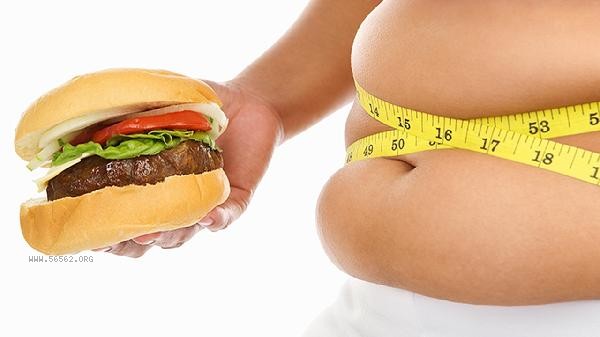Losing 10 pounds during menstruation is usually unlikely, and healthy weight loss should be done gradually. Metabolism slightly increases during menstruation, but significant weight loss in the short term may harm health. The difference in basal metabolic rate between the luteal phase and follicular phase of the menstrual cycle is about 5% -10%, which is equivalent to consuming an additional 50-100 calories per day and can only support the consumption of 0.1-0.2 kilograms of fat. The so-called golden period weight loss is mostly caused by water loss and intestinal emptying, and the actual fat reduction is limited. Extreme dieting or excessive exercise may lead to anemia, hormonal imbalances, dizziness, fatigue, menstrual disorders, and other symptoms. The calorie deficit caused by decreased appetite during menstruation in some women can only result in a reasonable weight loss of 0.5-1 kilogram. In some individual cases, the use of diuretics, laxatives, or extreme low-carbon diets during menstruation may lead to weight loss, but it is accompanied by risks such as electrolyte imbalance and malnutrition. Patients with polycystic ovary syndrome and other diseases who suddenly lose weight should be alert to hypothalamic amenorrhea. When the weight fluctuates by more than 3 kilograms, it often reflects changes in fluid balance rather than the actual weight loss effect.

It is recommended to use menstrual soothing yoga, brisk walking, and exercise to increase daily activity by 3000-5000 steps. Eat more iron rich foods such as animal liver and dark vegetables, and supplement with nuts and deep-sea fish in moderation. It is more scientific to record the weight change trend of the complete menstrual cycle and evaluate the weight loss effect with a 3-month cycle. If you experience persistent fatigue or menstrual abnormalities, you should seek timely medical attention from a nutrition or gynecology department.








Comments (0)
Leave a Comment
No comments yet
Be the first to share your thoughts!